By Sybil Fekurumoh
Books have always possessed the remarkable ability to reflect the realities of our world, particularly for those who have been marginalised. In Africa, the acceptance of queer rights has made limited progress, with the majority of countries still criminalising LGBTQI+ individuals. However, the power of literature has played a significant role in reshaping the narrative and humanising the experiences of queer people. From captivating works of fiction to compelling memoirs and insightful anthologies, literature has become a powerful tool for celebrating the diversity of the queer community.
As we commemorate Pride Month, I invite you to explore a selection of queer literature by African and African diasporan writers from the past decade. These works showcase unique perspectives on the spectrum of sexuality, and offer an understanding of queer individuals across Africa and its diaspora.
The Unfortunates
By JK Chukwu
Published 2023
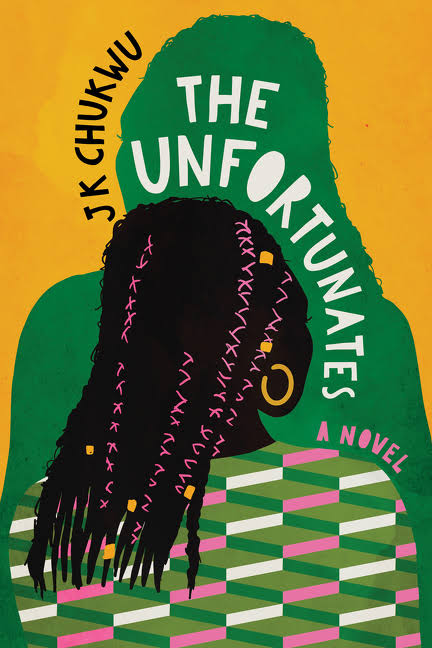
The Unfortunates is JK Chukwu’s debut witty and humourous novel about a queer half-Nigerian student in an elite school, so-called “Elite University.” Sahara, who is in her sophomore year, battles her insecurities: body image, failing academics, family drama, a non-existent love life, and depression. Exhausted by the racism in her school, she sets out to investigate the mysterious deaths of Black undergrads so termed “The Unfortunates.” Sahara eventually finds answers and redemption, with the support of a community of BIPOC women.
Here Again Now
By Okechukwu Nzelu
Published 2022
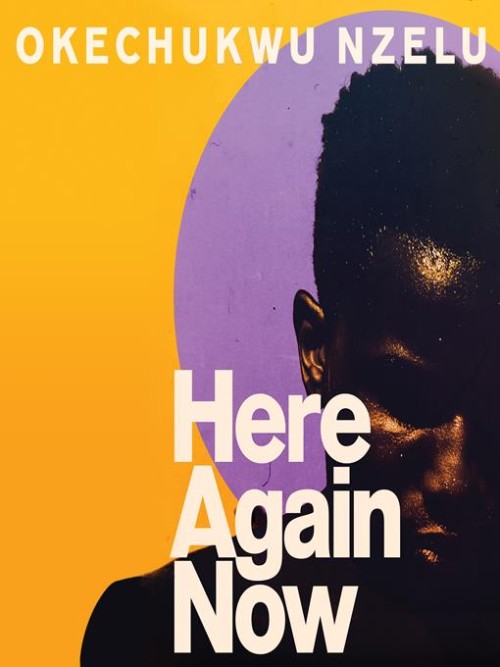
Here Again Now is a story of finding peace and love amid heartbreak and losses. Achike Okoro’s life finally seems to be falling into place. With his dream flat in Peckham and a promising acting career on the horizon, he persuades his father, Chibuike, to move in with him. Amidst his busy schedule, Achike finds solace in his long-time best friend Ekene, with whom he shares a deep connection. But, one evening causes their relationship to unravel, and leaves the three men devastated. In the end, Ekene and Chibuike are left to rebuild their lives and find unexpected solace and understanding in their shared grief.
God’s Children Are Little Broken Things
By Arinze Ifeakandu
Published 2022
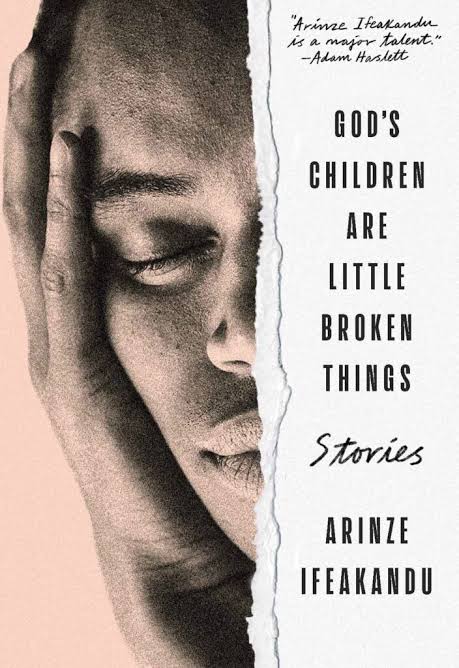
God’s Children Are Little Broken Things is a collection of powerful tales that delve into queer love in contemporary Nigeria. In this daring debut, Arinze Ifeakandu weaves together nine exhilarating stories that challenge societal norms and expectations. From a man reflecting on lost love to a rising musician sacrificing parts of himself for fame and the love he receives, Ifeakandu explores the resilience of love and hope amidst societal pressures and adversity. Ifeakandu’s novel has received recognition for showcasing love that endures societal expectations. The book won The Short Story Prize Spotlight Award for 2023, and the 2023 Dylan Thomas Prize.
Vagabonds!
By Eloghosa Osunde
Published 2022

Vagabonds! by Eloghosa Osunde is an avant-garde novel set in the vibrant city of Lagos, Nigeria. The story follows a diverse cast of characters who navigate danger, love, and personal demons in their quest for authentic lives. These individuals represent the marginalised and outlawed members of society, including the queer, poor, displaced, and free-spirited, and how their stories intertwine. From a driver of a corrupt politician with the ability to command life and death, to a fashion designer who births a grown daughter, to a lesbian couple whose relationship exposes underground sex work, or a wife and mother who attends a secret spiritual gathering that shifts her world.
A Long Way from Douala
By Max Lobe
Published 2021

A Long Way from Home was originally published as Loin de Douala in 2018. The novel tackles themes of violence, terrorism, homosexuality, and migration. The story follows Jean Moussima Bobé, a student in the University of Douala, who sets off with his best friend, Simon, whom Jean has a crush on, to find his older brother, Roger who went to Europe to achieve his football dream. On their way, they meet Gazelle, a human trafficker and police inspector. The book sheds light on the complexities of life in Cameroon, while addressing profound questions of life and death.
(Read also: Leading Conversations on Inclusivity, Babatunde Apalowo Takes First Nigerian Queer Film to Berlinale)
The Sex Lives of African Women
By Nana Darkoa Sekyiamah
Published 2021
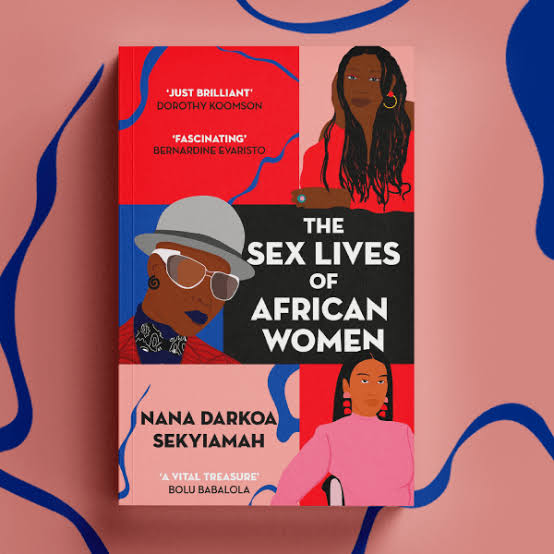
The Sex Lives of African Women is a groundbreaking exploration of the sexuality of African and African diasporan women. From queer communities in Egypt to polyamorous relationships in Senegal, a pansexual Canadian of Malawian heritage, sex workers, rape victims, an HIV-positive Zimbabwean woman who is raising a healthy, HIV-free baby. The book delves into the diverse perspectives on family dynamics, sexual identity, trauma, and resilience, celebrating the liberation, individuality, and joy found within African women’s sexuality.
An Ordinary Wonder
By Buki Papillon
Published 2021
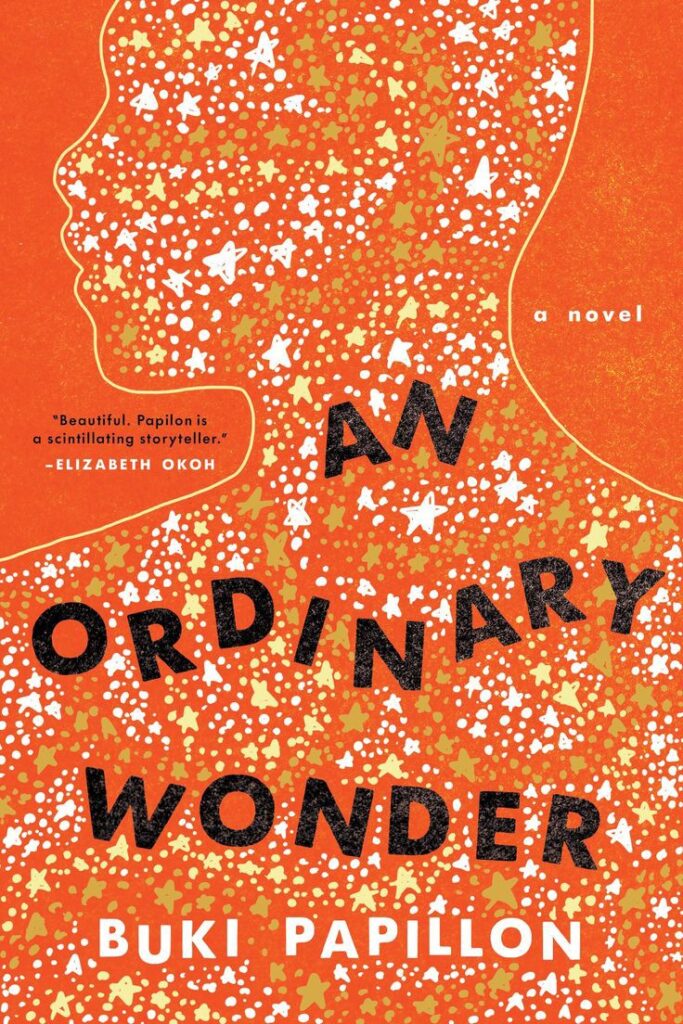
An Ordinary Wonder forays into the life of a Nigerian boy grappling with a secret identity, and his longing to live authentically as a girl. Oto, determined to escape his oppressive home, enters boarding school with dreams of success, but unexpectedly falls in love with his roommate. Fueled by fear and shame, Oto conceals his true self and love. Meanwhile, the expectations of their affluent family strain the bond with Oto’s twin sister, and as their world crumbles, Oto must make life-altering choices. This coming-of-age story explores the complexities of desires, family dynamics, identity, gender, culture, and the pursuit of wholeness.
Dear Senthuran: A Black Spirit Memoir
By Akwaeke Emezi
Published 2021
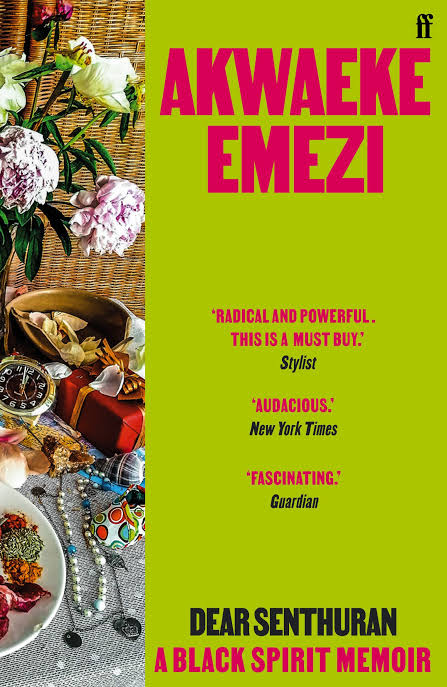
Dear Senthuran is Akwaeke Emezi’s memoir in which they unveil the challenging yet resilient truths of their own life. Emezi chronicles their journey as a creative spirit finding empowerment in the human world. Through intimate correspondence with friends, lovers, and family, they write of the pivotal decisions regarding their gender and body, their rapid rise as a writer, and the emotional, romantic, and spiritual turmoil of relationships. In Dear Senthuran, Emezi blends tenderness with brutality, and recounts their survival and self-discovery.
Butter Honey Pig Bread
By Francesca Ekwuyasi
Published 2020

Butter Honey Pig Bread spans three continents, following the stories of three Nigerian women: Kambirinachi and her twin daughters, Kehinde and Taiye. Kambirinachi, believing she is an ogbanje, has chosen to defy her non-human spirit nature and live for the love of her human family, haunted by the potential consequences. Trauma causes the twin to become estranged, and both forge individual paths. Kehinde becomes an artist and seeks to build her own family, while Taiye wrestles with guilt and finds solace in food and relationships with other women. After years apart, they reconnect in Lagos, confronting their past wounds to forge a path of reconciliation.
Embracing My Shadow: Growing Up Lesbian in Nigeria
By Unoma Azuah
Published 2020
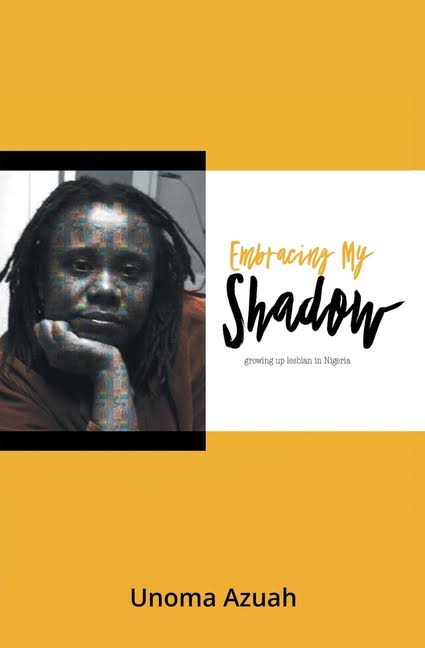
Embracing My Shadow traces Unoma Azuah’s courageous journey as a lesbian in Nigeria. In a society marked by abuse, ethnic discrimination, and homophobia, Azuah navigates the challenges of being a woman with a nonstandard sexual orientation in a hyper-religious and patriarchal environment. Despite her academic success, Azuah’s sexuality continues to haunt her, leading to traumatic experiences of forced Christian deliverances. This groundbreaking memoir sheds light on the real struggles of LGBTQI Nigerians and gives a voice to persons who have been marginalised because of their sexual orientation.
(Read also: 10 Activists in Africa and the Diaspora Changing the LGBTQ+ Narrative)
Exhale: Queer African Erotic Fiction
Published 2020
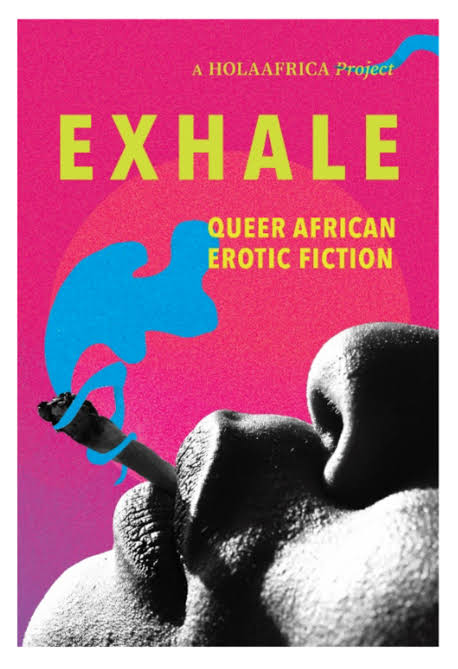
Exhale: Queer African Erotic Fiction is a queer anthology published by South African publishing house, Blackbird Books, in collaboration with HOLAAfrica! The anthology, brimming with delightful audacity, brings together a collection of stories by queer African writers from across the continent. This compilation blends the voices of emerging talents with renowned figures and features writings from Nakhane Toure, OluTimehin Adegbeye, Mercy Thokozane Minah, Mubanga Kalimamukwento, Fiske Nyirongo, Lawrence Mashiyane, Tshegofatso Senne, Akou Midadje, Cisi Eze, Kabelo Motsoeneng, Lady Nwadike, Yvonne Ethagene, and Von ZiGo.
The Death of Vivek Oji
By Akwaeke Emezi
Published 2020
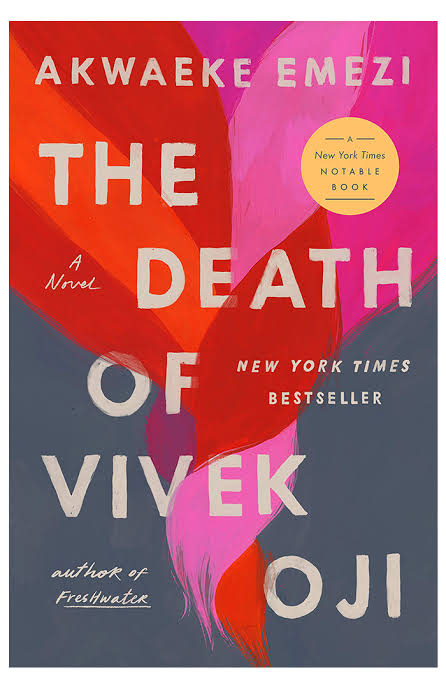
The Death of Vivek Oji is a novel set in the ‘80s and ‘90s southeastern Nigeria. Vivek, raised by a distant father and overprotective mother, experiences disorienting blackouts and a sense of detachment from the world. Finding solace in the vibrant relationships with daughters of the Nigerwives, foreign-born women married to Nigerian men. Vivek forms a close bond with Osita, whose lively demeanour conceals a guarded personal life. Their relationship grows closer and results in a shocking act of violence. With its vivid characters and propulsive storytelling, this novel defies expectations and delivers a poignant exploration of identity and human connection.
They Called Me Queer
Edited by Kim Windvogel and Kelly-Eve Koopman
Published 2019
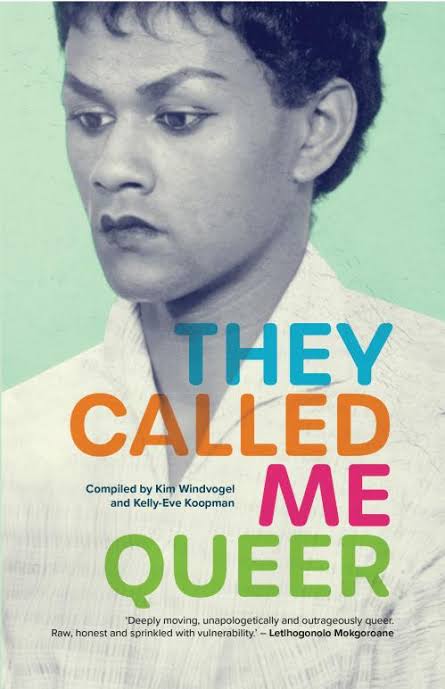
They Called Me Queer is a collection of narratives penned by Africans who proudly self-identify as lesbian, gay, bisexual, transgender, queer, intersex, and asexual. It reveals the realities of the queer community in South Africa, and how their sexual identities affect their daily lives. This anthology encapsulates the multifaceted experiences that shape the lives of queer South Africans, revealing the depth and resilience of diversity in the LGBTQIA+ community.
Don’t Whisper Too Much and Portrait of a Young Artiste from Bona Mbella
By Frieda Ekotto
Published 2019

Don’t Whisper Too Much and Bona Mbella are groundbreaking works of fiction that depict positive love stories between African women. Frieda Ekotto sheds light on the emotional and romantic lives of gay African women, delving into larger issues such as post-colonial Africa, knowledge dissemination, and the writing of history. Don’t Whisper Too Much follows Ada’s journey to reclaim her story outside of heteronormative narratives, while Bona Mbella explores the life of a young woman in an African metropolis. Each story addresses the violence often associated with female sexuality while highlighting the potential for connection, pleasure, and agency. These narratives inscribe the beauty and complexity of same-sex relationships within the rich tapestry of African history.
She Called Me Woman: Nigeria’s Queer Women Speak
Edited by Azeenarh Mohammed, Chitra Nagarajan, and Rafeeat Aliyu
Published 2018
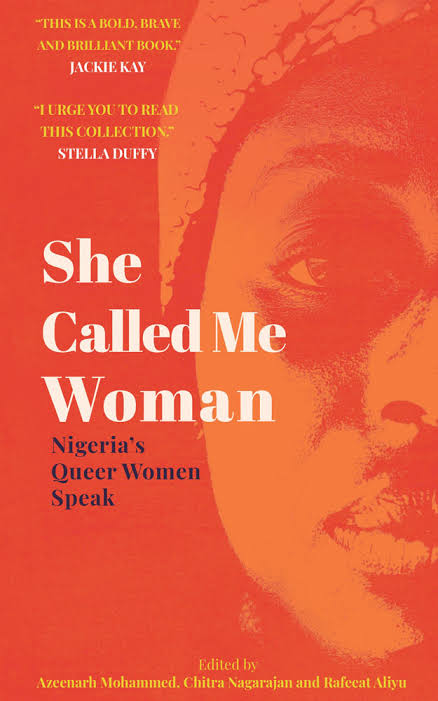
She Called Me Woman is a collection of 25 firsthand accounts of the experiences of queer Nigerian women, exploring how they navigate relationships, money, sexuality, and freedom. Through these narratives, the collection opens the realities of a community that chose to no longer be invisible. The stories encompass a wide range of experiences, from the exhilaration of first love and childhood memories to struggles with addiction and thoughts of suicide. The book challenges traditional notions of womanhood and confronts the obstacles these women face in pursuit of their dreams.
(Read also: Pride Month 2021: Dangerous Myths about LGBTQ+ People In Nigeria that Should Be Left Behind)
You Have to Be Gay to Know God
By Siyathokoza Khumalo
Published 2018

You Have to Be Gay to Know God is Siya Khumalo’s memoir, which draws on his personal experiences: his childhood, life in the army, attending church, and competing in pageants. Khumalo, who grew up in the township of Durban, South Africa, takes readers through an intertwining journey of religion, politics, and sex, as the expectations of African cultures mingle with greed and colonial religion.
Speak No Evil
By Uzodinma Iweala
Published 2018
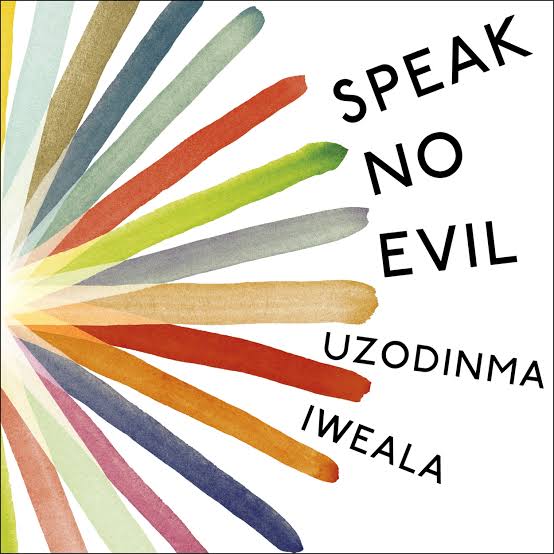
Speak No Evil follows the journey of Niru, a Nigerian-American, as he grapples with his identity and the challenges of being a gay, black man. After coming out to his friend, Meredith, and rejecting her advances, Niru’s life takes a dramatic turn. His father discovers his secret and responds by taking Niru to Nigeria for a “spiritual revival.” Upon returning to America, Niru tries to navigate the complexities of his intersecting identities while hiding his true self. Tragedy strikes when Niru is shot by the police, and the aftermath is explored through the perspective of Meredith and Niru’s father, as they come to terms with his untimely death.
When We Speak of Nothing
By Olumide Popoola
Published 2018
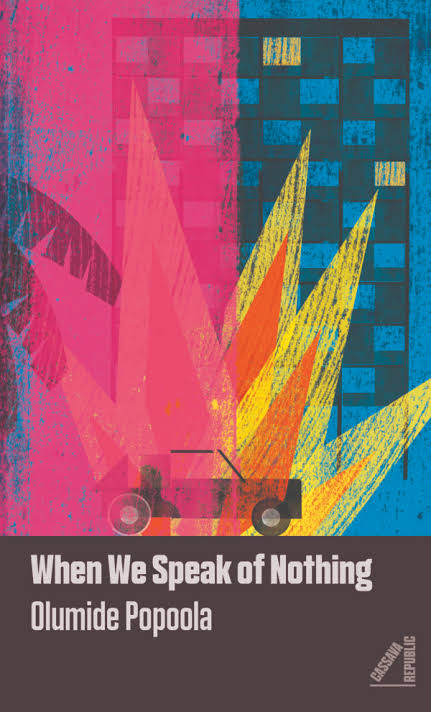
When We Speak of Nothing is a compelling and evocative novel about the lives of young black men as they navigate the complexities of social injustice and their own gender identities. When Karl discovers his estranged father’s existence in Nigeria, he sees it as an opportunity to escape the chaos of London and establish a connection, but his visit is met with rejection. Karl forms a bond with Nakale, an activist determined to expose the environmental destruction in the Niger Delta, and develops strong feelings for his spirited cousin, Janoma. A murder happens in London, and a riot breaks out. Karl’s friend, Abu, becomes entangled in the turmoil, leading to a near-tragic event that compels Karl to return home swiftly.
La Bastarda
By Trifonia Melibea Obono
Published 2018

First published in 2016, La Bastarda is a Spanish-written novel by Equatorial Guinean writer, Trifonia Melibea Obono and translated to English by Lawrence Schimel in 2018. The story follows Okomo, a bastard teenager, who lives under the watch of her grandmother but longs to reconnect with her father. Forbidden from seeking him out, she seeks the help of other village outcasts: her gay uncle and a girl trio who have also rejected their village expectations. The book explores sexuality, gender expectations, and liberation from cultural and social restrictions.
Lives of Great Men: Living and Loving as an African Gay Man
By Chike Frankie Edozien
Published 2017

In Lives of Great Men, Nigerian journalist, Chike Frankie Edozien, traverses the same-gender-loving Africans, capturing their lives and resilience. From Lagos to Brooklyn, Accra, and Paris, Edozien’s memoir reveals the challenges faced by LGBTQ+ individuals in Africa. He exposes the impact of homophobic evangelical pastors and political populism, all against the backdrop of oppressive colonial-era laws. Through personal stories of triumph and joy, Edozien’s memoir becomes a testament to hope, a celebration of African culture, and a heartfelt love letter to Nigeria.
Fimí sílẹ̀ Forever: Heaven Gave It to Me
By Nnanna Ikpo
Published 2017

Fimí sílẹ̀ Forever follows the lives of Olawale and Oluwole, Yoruba lawyers and human rights activists fighting for a better Nigeria. Olawale, bisexual and closeted, has dedicated himself to protecting his openly gay twin brother. Their world is shattered when the Same-Sex Marriage (Prohibition) Act is passed, thrusting them, their family, and their loved ones into the harsh spotlight. As they navigate the consequences, they must also confront their estranged father, whose return unveils dark family secrets. Against political oppression and religious prejudice, this book celebrates love, desire, faith, patriotism, and the resilience of the human rights struggle in contemporary Nigeria.
(Read also: Gender Constructs are No Basis for Moral Judgement)
Queer Africa 2: New Stories
Edited by Karen Martin and Makhosazana Xaba
Published 2017

Queer Africa 2 is a collection of 26 stories from writers across Africa and the US. It explores the complex and uncharted territories of human desire, love, and lust. These stories represent the range of emotions that are ever-present in the lives of Africans and the African diaspora, who identify in the various sexuality spectrum. We are exposed to the vulnerability, passion, betrayal, and longing that these characters experience. Queer Africa 2 succeeds Queer Africa: New and Collected Fiction.
Under the Udala Trees
By Chinelo Okparanta
Published 2015

Under the Udala Trees is set during the Civil War in Nigeria. The story follows Ijeoma, whose life becomes impacted by her father’s death and her mother’s deteriorating mental health. Sent away to live with family friends, Ijeoma discovers her attraction to women, but societal homophobia silences her affections. Returning home, Ijeoma’s mother becomes determined to “cure” her daughter’s homosexuality through religious teachings. Ijeoma marries a man in an attempt to suppress her sexuality, but she falls in love again with another woman. She eventually finds the strength to confront her beliefs and pursue a more authentic life.
Queer Africa: New and Collected Fiction
Edited by Karen Martin, Makhosazana Xaba,
Published 2013

Queer Africa is a captivating collection of stories that explores love and intimacy in Africa, delving into the charged and tender aspects of human connection. From haunting moments of self-discovery to the aftermath of sex, the stories paint a vivid picture of Africa’s intricacies. Set in cafes, bedrooms, and hidden spaces, the characters navigate betrayal, and the depths of their own emotions. These stories illuminate not only the power of love and desire but also the profound ways in which we depend on and wound one another. The collection won the 26th Lambda Literary Award for the fiction anthology category in 2014.
Fairytales for Lost Children
By Diriye Ousman
Published 2013
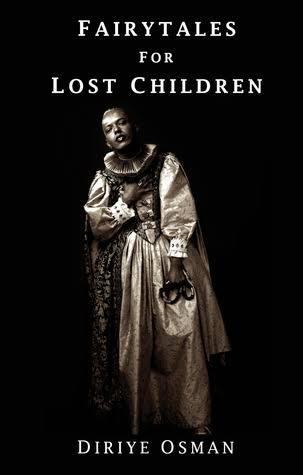
Fairytales for Lost Children introduces a captivating cast of characters teetering on the precipice of self-discovery. Through the eyes of young, LGBTQ+ Somalis, these narratives skillfully navigate the intricate dynamics of family, cultural identity, and the immigrant journey, all while embarking on a quest for liberation. From Kenya to Somalia to South London, these tales exude a compelling blend of emotional depth and fervent passion.
Sybil Fekurumoh is a senior writer for Afrocritik. Connect with her on Twitter and Instagram at @toqueensaber.




